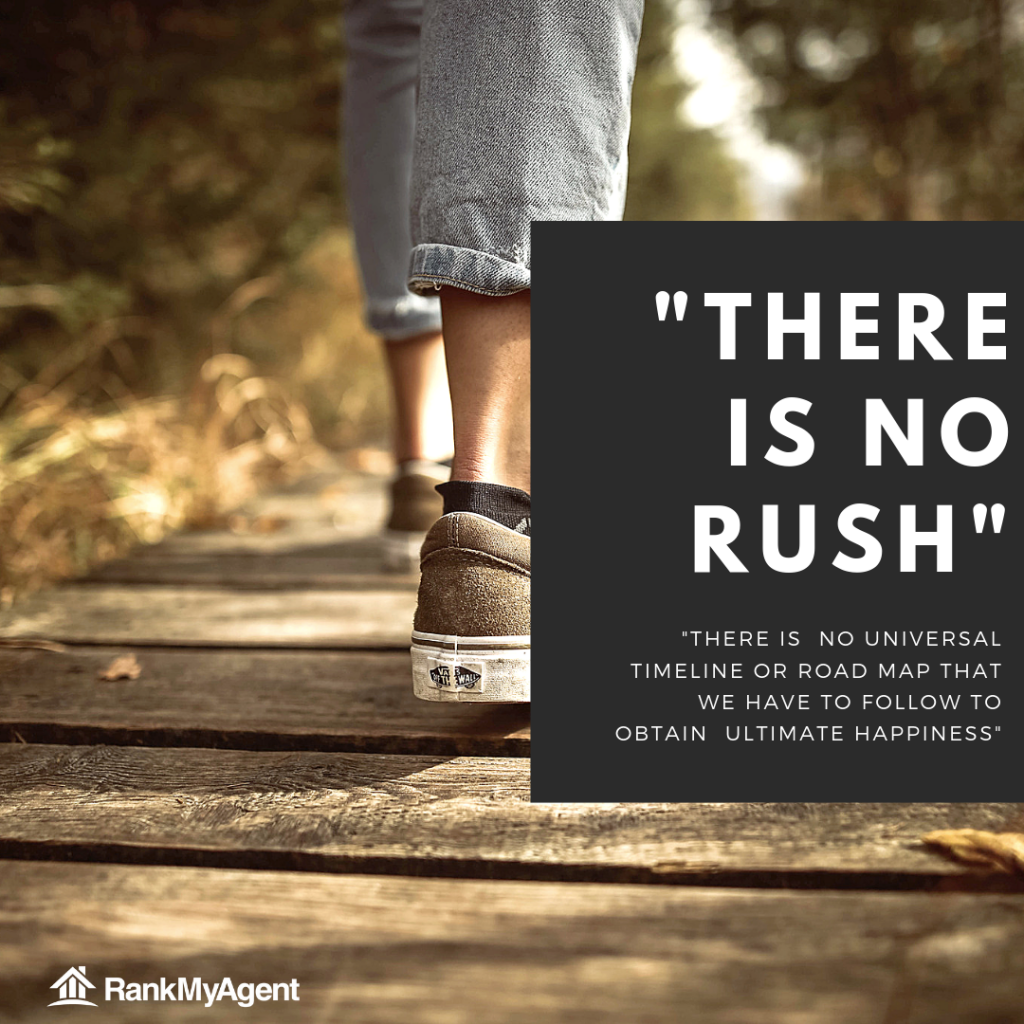Becoming a homeowner is sort of like a rite of passage. It’s almost expected of young adults and families. But, buying a home is a huge decision — and one of the most expensive ones at that — and it’s not necessarily the right one for many people.
Here are 10 totally acceptable reasons not to join the ranks of a homeowner:
1: You don’t have the savings: A downpayment of up to at least 20 per cent is required to obtain a mortgage and in most major Canadian cities, that means a huge chunk of change as houses often start in the high $300,000s. If you haven’t been putting aside your childhood allowance, building up the savings for a downpayment is a hefty task. It’s not impossible, but you may be finding yourself asking for help from family, or taking out loans you wouldn’t have had to if you had been saving for years.
2. You don’t want the trouble: As the owner of your home, you are suddenly responsible for everything. If a pipe burst, you fix ‘em; if the fridge breaks, you have to replace it; if the basement floods, you have to sort it out. It takes a lot to make a home run smoothly and it’s not cheap. When you take those keys to your new house, you also take on landlord and property management roles as well. Now, doesn’t that make you miss the days when you would just call up your landlord or lady and have them sort things out on your behalf?
3. You’re not ready to settle: Are you a working professional who is still searching for the perfect job role? Does your job have you travelling around or moving a lot? Is all you can afford something you’re not in love with? These are all reasons to not buy a home. Or, at least not yet. You don’t want to lock yourself into a mortgage if your job is going to relocate you in a couple of years. Perhaps, it’s best to wait until things in life have settled and established a stable routine before deciding to make a big real estate investment.
4. When renting is cheaper: Sometimes the housing market leans in favour of the renters. And that’s OK. Why buy a home when the cost of a rental would be half the price of a mortgage payment? Yes, the money you pay goes towards paying someone else’s mortgage, but you also have the benefit of having a team or an individual who will look after your property if anything goes awry. This is an optimal time to rent a place and work towards squirrelling away funds for a downpayment, or padding that savings account.
5. Unstable job market: If you are feeling insecure in your career due to an unstable job market, it’s best not to take on the financial responsibility involved with purchasing a home. Some industries are prone to fluctuations — oil and gas, for instance — and no one wants to be caught up in a mortgage and suddenly have to worry about where the next payment will come from. In this situation, it would be best to ensure job stability, or in cases where that is impossible, work toward building that downpayment so you can put more down up front to reduce monthly mortgage payments. Ultimately, the last thing a newly unemployed individual should concern themselves with is going into more debt to make those payments.
6. When the housing market is declining: Before buying a home, take a look at some re-sale statistics and check the forecast of the selling market to reassure yourself you’re buying at a good time. As in investments, you want to buy low and sell high, right? So, you don’t want to buy a home if the market is declining. Like the weather, however, market forecasts can change quickly, so there is no guarantee. Speak to the experts, talk to your real estate agent and ask questions to help better understand the flux and flow of the market near you.

7. You’re in an unstable relationship: Buying a home with a significant other is a huge step in any relationship. Cohabitating is becoming more and more common before marriage due to increased housing costs and costs of living. It’s an exciting time as you begin to plan your future with this person. You two decide to take the leap and you sign the papers and get the keys. But, sometimes things change, and you two split up. Now what? Do you try to sell the house and split the assets? Does one party buy out the other and remain in the home? There are a lot of questions to ask yourself before making this monumental decision. It’s best to have a plan of action in place as a precautionary measure to protect both parties in case things get heated and emotions are running high post break up. If, however, your relationship is already on the rocks… it’s not the right time to buy a house together.
8. You’re only doing it to keep up with the Joneses: This is more common than it sounds, and it is an absurd reason to put yourself into debt. Just because so-and-so is doing it and they seem so grown up or responsible or glamorous or whatever the case may be, does not mean it’s right for you. It will probably be better for you one day, but there is no rush. There is no universal timeline or road map that we have to follow to obtain ultimate happiness or become successful. Take your time, do what’s right for you and listen to your heart — and your wallet.

9. You are looking to buy in an area prone to natural disasters: If you live in a city that is prone to flooding, avalanches, earthquakes, tornadoes or even lots of hail and thunderstorms, perhaps it’s not in your best interest to purchase a home. First of all, home insurance rates will increase depending on the area you live in as weather is considered a factor while establishing that premium. Secondly, if something were to happen to your home, would you be in a position to recover? Or would you essentially have to start back from square one. That is something that should be considered before making an investment of this size. If you’re not prepared to handle a natural disaster affecting your home, it’s probably a safer choice to rent. And invest in some tenant’s insurance.
10. You just don’t want to: This is a COMPLETELY acceptable reason to not buy a home. You know what’s best for you. Don’t let societal expectations or your friends’ and families’ timelines force you to buy before you’re ready. Buying a home is a huge commitment, don’t let someone else make this decision for you.


